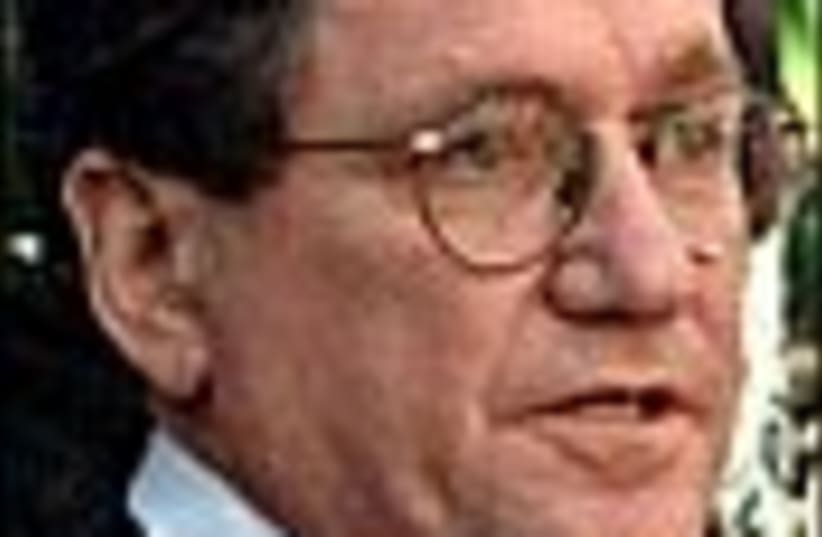| THE IRANIAN THREAT | |
| JPost.com special: news, opinion, blogs and more |
Holbrooke: Israel must remain vigilant
Exclusive: Tells 'Post' that Israel should support US deal on Iran.


| THE IRANIAN THREAT | |
| JPost.com special: news, opinion, blogs and more |